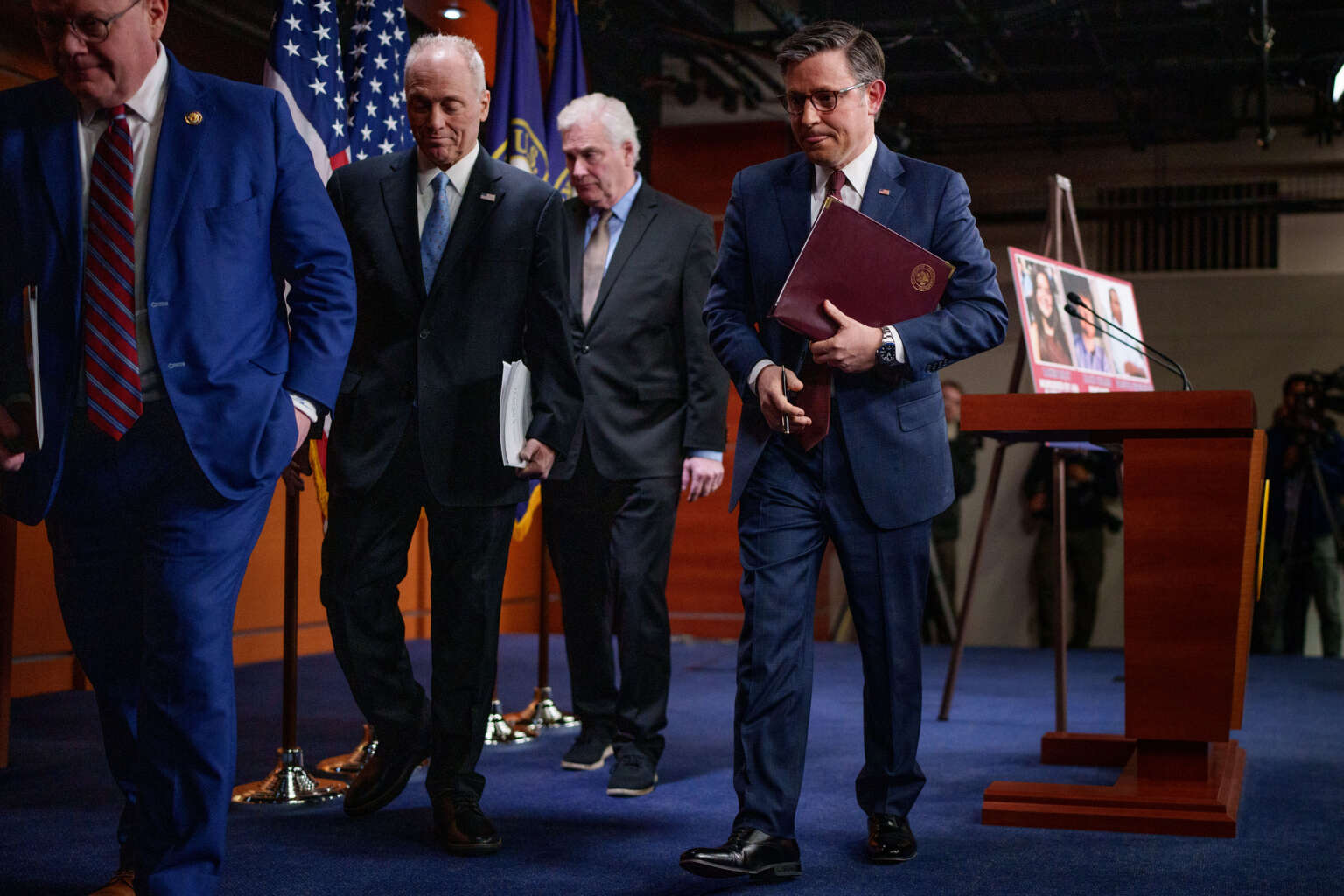Implementation of Budget Reform
The Trump administration has initiated a significant campaign to reduce federal spending, generating political tensions in Washington. President Donald Trump has requested congressional Republicans to formalize his proposal for a $9.4 billion reduction, targeting organizations such as PBS, NPR, and the U.S. Agency for International Development (USAID). This amount is part of a larger sum of $180 billion that, according to Elon Musk, was identified as waste by the Department of Government Efficiency (DOGE).
The Budget Rescission Mechanism
Rescission proposals function as a budget reversal mechanism in the American governmental system. When a request is sent to Congress, a 45-day period is established for approval; otherwise, the proposal is automatically rejected.
Representative Riley Moore of West Virginia leads the Republican Study Committee task force dedicated to disseminating information about this process both among legislators and to the public. According to Moore: “The terminology ‘rescission’ may not be well understood in my district, but the concepts of waste, fraud, and abuse are clearly recognized.”
Challenges of a Reduced Parliamentary Majority
The narrow Republican majority in the House presents a significant challenge for legislative approval. Republican Party leaders can lose a maximum of three votes to pass legislation exclusively with partisan support. The situation became more complex following Elon Musk’s departure from DOGE. After 130 days as a “special government employee,” Musk began publicly criticizing the spending bill supported by Trump, classifying it on his social media as a “disgusting abomination” and warning about insolvency risks for the United States.
Senate Dynamics
In the Senate, a complex political articulation is observed. Minority Leader Chuck Schumer modified his position and voted with Republicans to prevent a government shutdown. His justification was based on concerns that such a shutdown would grant greater authority to President Trump and Musk to restructure federal agencies according to their conceptions.
The approved provisional funding measure maintains federal flows at levels established during the Biden administration but increases military spending by $6 billion. Notably absent are funds for specific electoral district projects, resulting in savings of approximately $13 billion.
Agencies Under Review
The Trump administration expanded its actions by signing an executive order aimed at restructuring seven additional federal agencies, including the one responsible for supervising Voice of America and other government-funded media organizations. Among the affected entities are the Federal Mediation and Conciliation Service, the Corporation for Public Broadcasting, and the National Endowment for the Arts.
DOGE’s Controversial Role
The Department of Government Efficiency, led initially by Elon Musk and Vivek Ramaswamy, has become a focal point of controversy in Washington. Republican strategists view DOGE as a symbolic representation of the administration’s commitment to fiscal conservatism, while Democratic critics argue that the department lacks formal oversight and transparency mechanisms. According to reports from The New York Times, tensions between career civil servants and DOGE representatives have escalated, with accusations of “politically motivated targeting” of certain programs.
Congressional Resistance
While the White House advances its agenda of reducing federal spending, resistance in Congress has grown, particularly among Democrats but also among moderate Republicans from districts that benefit from federal programs targeted for cuts. Senator Lisa Murkowski of Alaska expressed reservations about the cuts to Arctic research programs, stating that “fiscal responsibility should not come at the expense of critical regional needs.”
Lobbying Intensification
The proposed cuts have triggered an unprecedented wave of lobbying in Washington. Representatives from public broadcasting, cultural organizations, and international development agencies have mobilized to influence key congressional votes. According to Reuters, spending on lobbying related to these budget issues increased by 27% in the first quarter following the announcement of the proposed cuts.
The Role of Musk After DOGE
Even after his official departure from DOGE, Elon Musk continues to exert significant influence on the budget debate. His social media platform has become an unofficial channel for disseminating the administration’s viewpoints on spending reforms.
White House Communications Director has acknowledged that “while Mr. Musk no longer holds an official position, his expertise and perspective remain valued by the President.”
Prospect for Future Negotiations
Analysts predict that the administration will need to significantly modify its initial proposal to secure congressional approval. The most probable outcome, according to congressional observers, is a compromise that includes a fraction of the originally proposed cuts, with exemptions for politically sensitive programs. The final resolution is expected to emerge only after intense negotiations, possibly extending beyond the 45-day statutory period for rescission requests.
This confrontation between executive ambitions for budget reform and legislative resistance illustrates the complex balance of powers in the American political system, especially in a context of divided government and narrow parliamentary majorities.
Contact us today through our website or WhatsApp to discover how we can help you achieve success in the United States. Together, we can turn dreams into reality.
Information source: bbc.com | nytimes.com | foxnews.com



